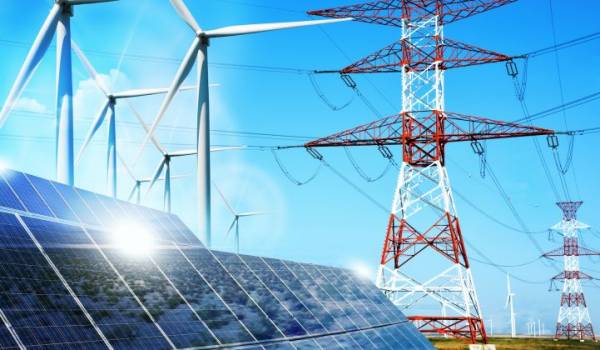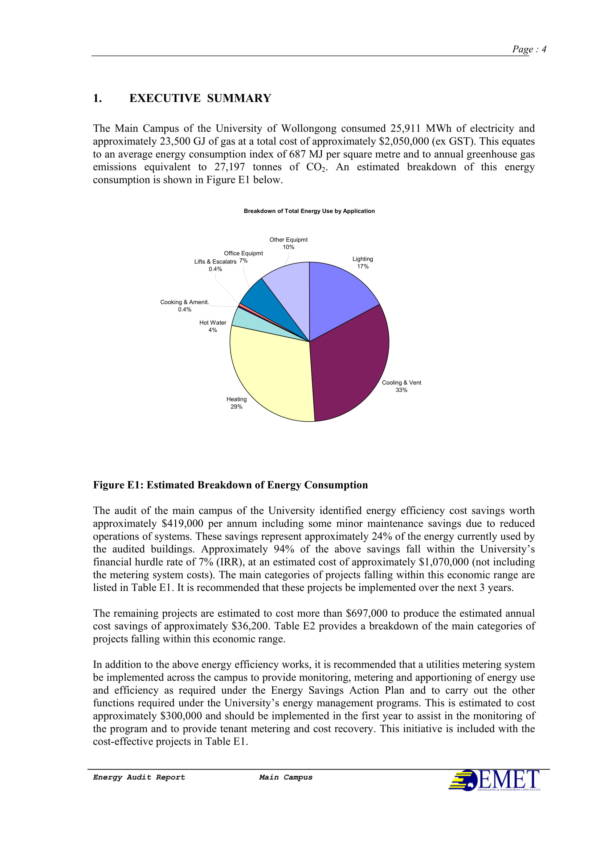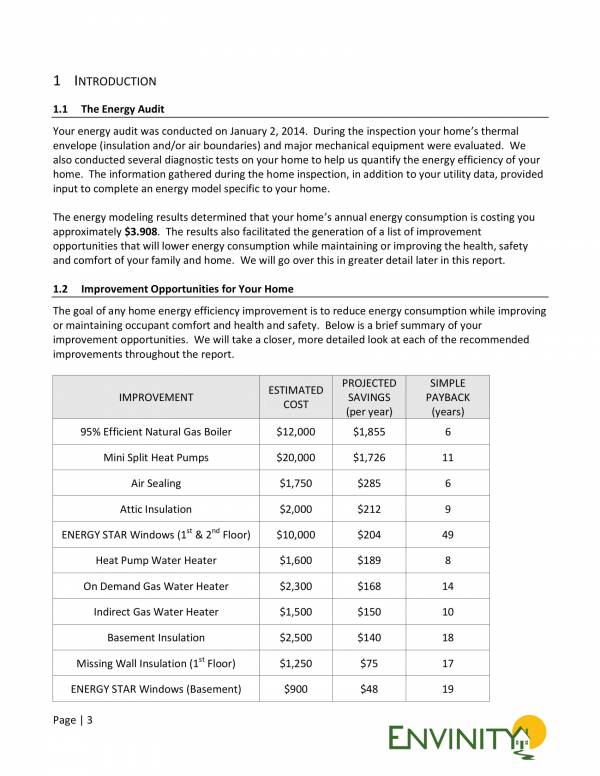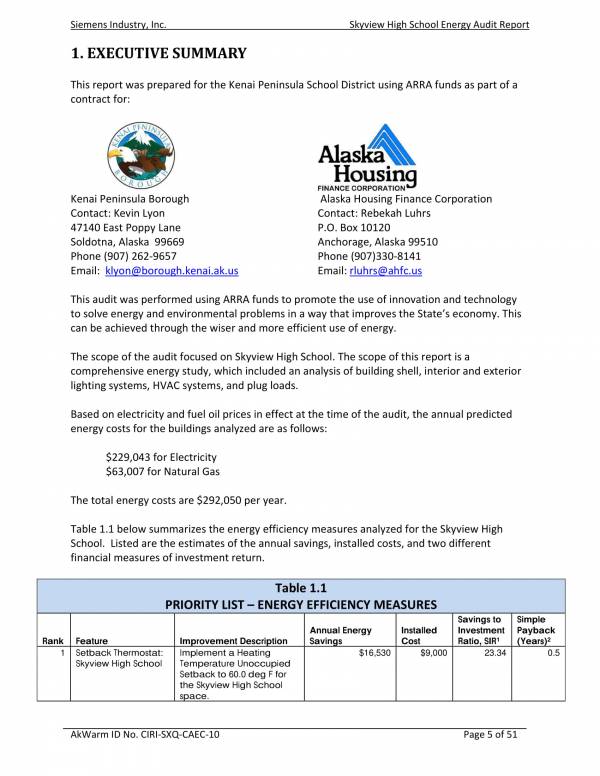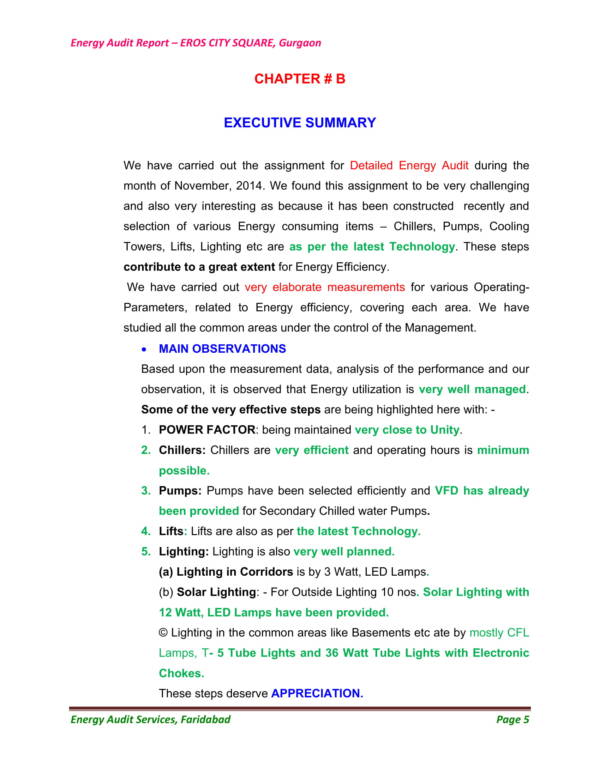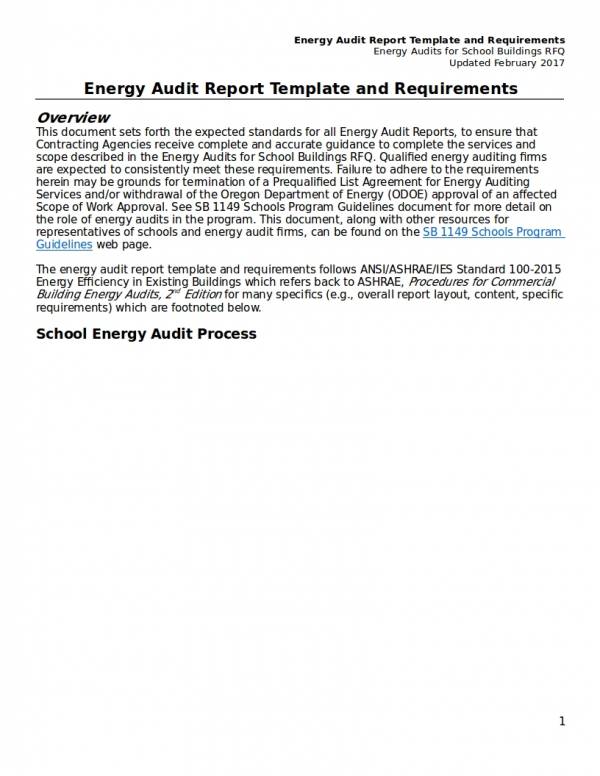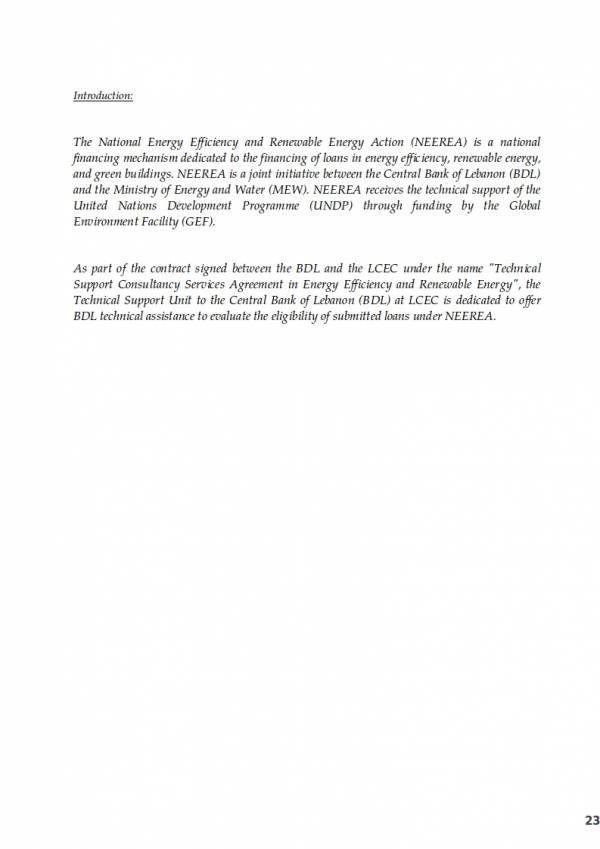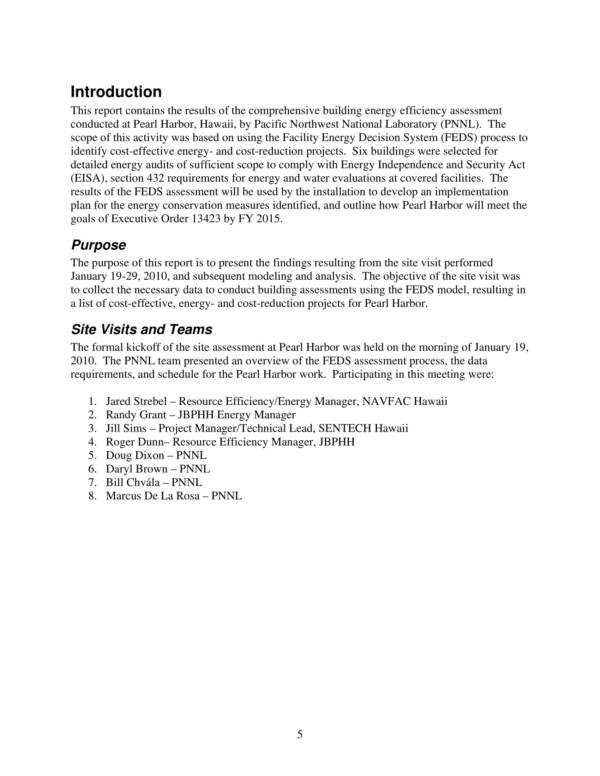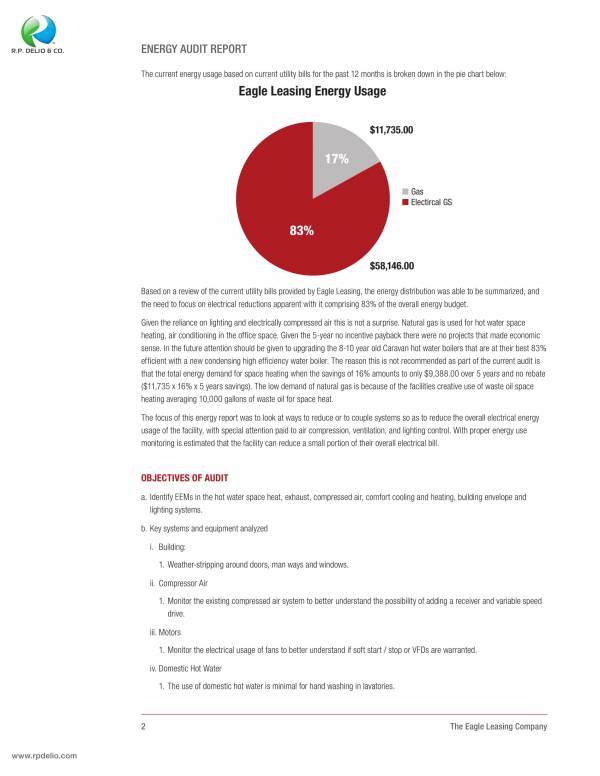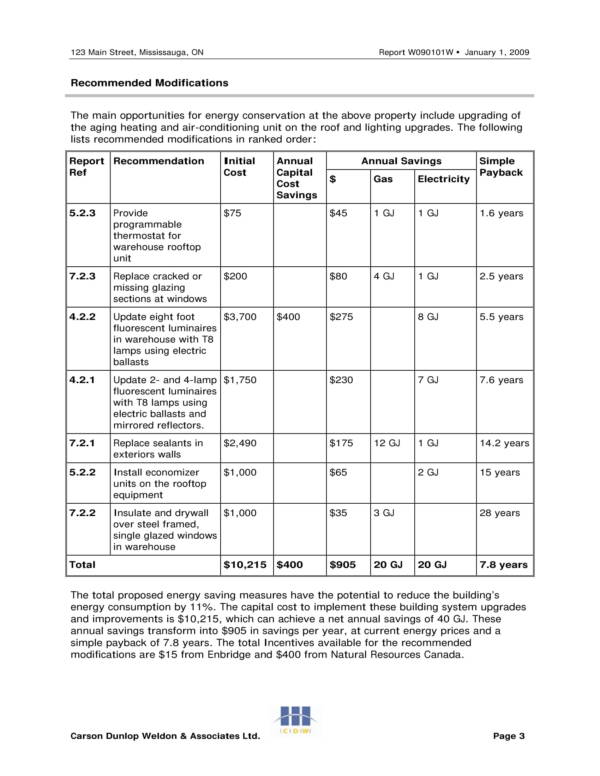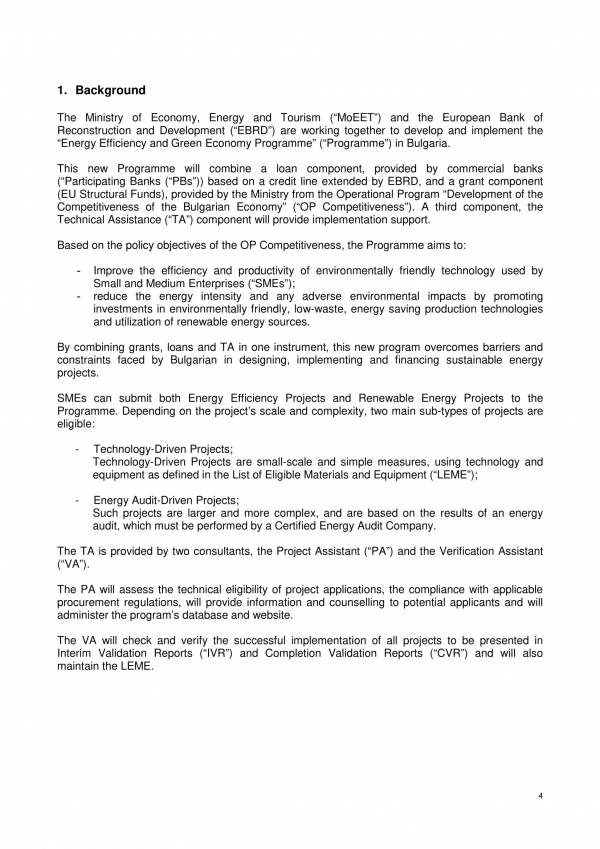One type of audit that we don’t usually hear of or that is not usually common is an energy audit. Here, we will be learning abut what an energy audit is and what it it all about, as well as its different types, why is it important and many more. Also included are energy audit report samples and templates that you may use as reference while going through this article. You may check them out below.
Energy Audit Report Template
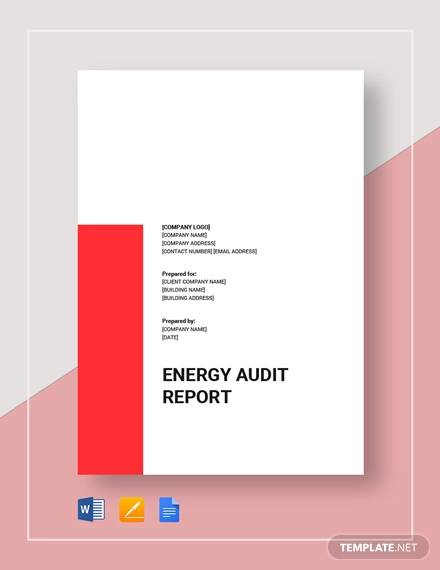
Regular audits are conducted to ensure that companies are compliant to certain laws and standards that are required in the industry or business they are involved in. Audits come in different types based on the different areas that they must cover or examine. There is an audit conducted for checking compliance to safety, for clinical processes, for business and the most common type of audit is one that done to check or examine accounts or finances.
Energy Audit Report Template
University Campus Energy Audit Report Sample
Home Energy Audit Report Sample
High School Energy Audit Report
Detailed Energy Audit Report Sample
Energy Audit Report Template and Requirements
What Is an Energy Audit Report?
What is being investigated or assessed in an energy audit is the history of an organization’s current energy use. An energy audit is conducted with the aim of determining and quantifying how much energy has been wasted by the organization and its activities. Just like all other audits, one of the objectives of an energy audit is to help make changes and improvements to the organization in terms of they they utilize energy. Through the audit, a lot of companies or businesses’ were able to cut down and save on their energy costs.
A certified energy auditor is the right person to conduct an energy audit. They are the appropriate people who can conduct a legit energy audit and provide a reliable and useful energy audit report. An energy audit report is where all the details related to the energy audit is recorded. The details in this formal document, includes the specific activities or tasks done during the audit, the findings and the data gathered during the audit, the methods used in auditing and the result or the outcome of the audit.
Energy audit reports are studied to find ways on how energy consumption of buildings, establishments and companies can be significantly reduced while still maintaining comfort of the employees or occupants,and without affecting business processes. It also helps point out the areas or energy uses that should be the priority, which is based on the cost effectiveness of such usage and other energy savings opportunities that are available.
Other related articles that you may find useful are Engineering Audit Report Samples & Templates, Access Audit Report Samples, and Communication Audit Report Samples.
What Are the Types of Energy Audit
There are four types of energy audit and they are benchmarking, walk-through audit, general audit, and Investment-grade audit. Each of these types of energy audit are conducted on situations or instances where they are applicable. Let us get to know more about them.
Benchmarking
This type of energy audit is concerned with issues about characterizing a building with the use of performance indexes. These indexes are comfort indexes, energy indexes and energy demand indexes. The reference consumption of another building is compared to that of the measured consumption of the building being audited to help them be able to identify unacceptable or excessive costs of energy.
Walk-Through Audit (WTA)
The walk-through audits is the simplest and quickest type of energy audit, which is done to identify the ares in energy usage where there is too much or excessive wastage of energy and areas of energy inefficiency. The activities involved in this type of audit, includes a brief review of the utility bills of the facility and other operations based data, short interview of the site-operating personnel, familiarizing the building operations by doing a walk-through of the entire facility. Other alternate names used to refer to a walk-through audit report are simple audit, screening audit and preliminary audit.
General Audit
The general energy audit is a detailed energy audit where very specific details and information are blathered. It is also referred to as a site energy audit, mini audit, detailed energy audit and complete energy audit, so called because of how detailed it is when it comes to the information gathered about the facility’s operations and hoe it evaluates energy conservation measures used by the building.
During a general energy audit, the utility bills of the building that is worth 12 to 36 months is collected and then analyzed. Through this, all possible and feasible ways of energy conserving methods that are applicable to the facility is determined. An in-depth interview of the site-personnel is also conducted during the audit. This is so that the auditors can better understand the energy consumption systems of the facility as well as consumption patterns both short and long term.
Investment-Grade Audit
This is a detailed type of audit done so that facility upgrades can be done to the facility’s energy infrastructure and so that it can compete with capital funding. It is basically an audit about industrial operations, maintenance costs, and other energy related operations of a facility. The audit provides results such as a balance in the energy and real energy demand.
It is necessary to know the different types of energy audit because it helps identify which type of audit is applicable and appropriate to a particular building or facility, thus allows the correct data to be gathered and the right energy saving measures to be implemented. You may also want to check out other audit related articles that we offer, like Laboratory Audit Report Samples & Templates, Brand Audit Report Template, and Financial Audit Report Samples & Templates.
Template of Energy Audit Report
Building Energy Audit Report
Company Energy Audit Report
Sample Energy Audit Report
Energy Efficiency Audit Report
Why Is It Important to Conduct an Energy Audit?
You pay for electric bills every month, whether you are renting an apartment or live in your own house. There are just a lot of things that we cannot do without electricity or energy and that is why we need it that much. The only problem is that the cost of electricity is so high that it forces a lot of people to cut on energy usage the hard way. The good thing is that energy audits can help us find ways on how to save energy and maximize its use. Here are some of the reasons why it is important to conduct an energy audit.
- As mentioned, energy costs are soaring high and if you won’t do anything about it then your business and budget will mostly likely be at risk. How can an energy audit help in this kind of situation? An investigation will be conducted and determine how you use energy as well as your consumption. Through this information and other related details, different way on how to keep you energy costs low are identified which you can later on implement.
- Excessive use of energy as well as energy wastage are identified and possible solutions to such situations are provided. It also prevents and discontinues such bad energy consumption habits from being practiced.
- Through an energy audit and energy audit report, we become aware which practices are good energy saving habits and change our ways for the better.
- 10% of carbon emissions in the United States come from residential properties and commercial properties, which means that the energy is wasted and used inefficiently in those settings. Preventing energy wastage is one of the main reasons why an energy audit is conducted, so these carbon emissions will lessen or will be totally eliminated after a long time.
- The audit offers advice on how the best methods that you can use to reduce energy wastes and imporve energy consumption.
- The audit allows you to gain control of the cost of your energy and at the same time helps you with balancing your budget so that you can manage it more effectively.
- Also, through an energy audit you can guarantee that your home or office is a safe and healthy place to stay. This is because energy audits also check factors, like the quality of the air, the amount of radiation or hazards in your surrounding and many more.
There are different strategies that you can use to prevent energy wastage and ways on how you can use them efficiently. This is what an energy audit and energy audit report is used for. It has the same great impact in ots own way as all the other type of audit.
We hope that you find this article useful. If you do, you may also want to check out other interesting titles we have on our website. Some of the titles that you will find interesting are Financial Audit Report Samples & Templates, Private Company Audit Report Samples & Templates, and Data Audit Report Samples & Templates.
Related Posts
8+ Sample Risk Assessment Reports Sample Templates
10+ Tax Audit Report Samples & Templates – PDF, Word Sample ...
10+ Environmental Audit Report Samples & Templates – PDF, Word ...
9+ Stock Audit Report Samples & Templates – PDF, Word Sample ...
40+ Report Format Samples Sample Templates
18+ Sample Inventory Reports Sample Templates
8+ Sample Audit Plan Templates – Word, PDF Sample Templates
45+ Sample Reports Sample Templates
9+ Committee Report Templates Sample Templates
7+ Sample Financial Reports Sample Templates
7 Audit Program Samples & Templates Sample Templates
11+ Sample Company Reports Sample Templates
8+ Sample Technical Reports – PDF, Word Sample Templates
7+ Sample Forensic Report Templates – DOC, PDF Sample ...
9+ Sample Inventory Reports Sample Templates
